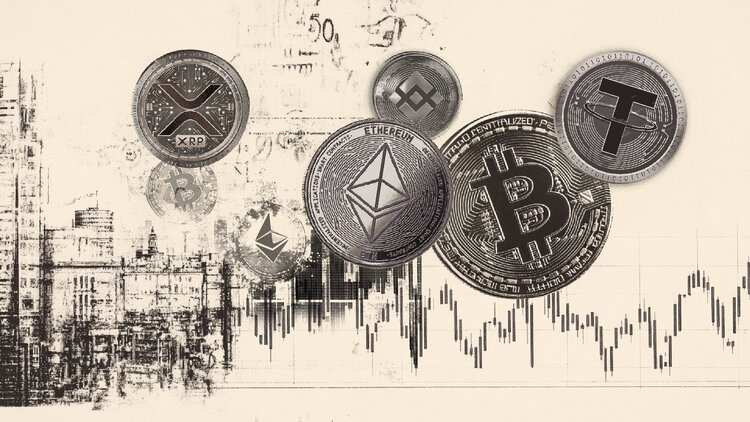A prominent voice from India’s ruling Bharatiya Janata Party (BJP) is pushing for a brave new idea: a national Bitcoin reserve pilot. The call comes as the United States and other major economies double down on digital asset strategies, leaving India at a crossroads.
Confident Investing Starts Here:
This Isn’t a Reckless Pivot
In a recent op-ed for India Today, BJP national spokesperson Pradeep Bhandari framed the proposal as a pragmatic step, not a speculative leap. “This isn’t a reckless pivot,” Bhandari wrote. “It’s a calculated step toward embracing digital assets’ legitimacy.”
His argument is rooted in precedent. Bhutan is already mining Bitcoin as a state-backed venture. Several U.S. states now treat BTC as a reserve asset. And Washington itself is reportedly exploring strategic reserve accumulation through budget-neutral means. These moves, Bhandari argues, aren’t ideological—they’re practical signals that crypto is entering the sovereign strategy.
India, he suggests, risks falling behind if it continues to operate under a policy contradiction: taxing crypto heavily, yet leaving it unregulated.
India Treats Crypto as a Taxable Asset Class
Currently, India treats crypto as a taxable asset class without offering any regulatory framework. Under Section 115BBH of the Income Tax Act, profits from crypto are taxed at a flat 30%, with minimal deductions and no allowance for offsetting losses. A 1% Tax Deducted at Source (TDS) applies to all crypto transactions above ₹10,000 (~$115).
Despite these strict rules, India has yet to establish oversight mechanisms or licensing pathways. It’s a policy stance that brings in revenue but offers little clarity or protection to investors and builders.
Bhandari argues that this approach is unsustainable. During India’s G20 presidency in 2023, the government helped organize crypto discussions with the IMF, but progress has been slow. Meanwhile, G20 peers like Russia, China, Brazil—and especially the U.S.—are charging forward.
Why a Bitcoin Reserve Matters
Bhandari’s suggestion of a Bitcoin reserve pilot is about more than symbolism. He sees it as a way for India to test digital asset integration at a sovereign level while still shaping a broader regulatory framework. With India’s strong renewable energy base, he also hints at the potential to link mining or reserve-building with domestic energy policy, much like Bhutan or El Salvador.
The reserve concept wouldn’t just help India keep pace globally. It could also lay the groundwork for deeper innovation in digital finance, where the nation could become a net exporter of policy, tech, and talent.
Crypto Clarity Could Be Coming
India remains a high-potential but uncertain environment for crypto investors and companies. A sovereign reserve pilot, while symbolic, would be a signal of intent—and possibly a gateway to more structured regulation.
For now, investors should note this shift in political tone. If Bhandari’s stance gains traction within the BJP and government policymaking circles, it could create a turning point where regulatory clarity in India can open up to new capital flows, and it could unlock a major global crypto market overnight.
At the time of writing, Bitcoin is sitting at $107,028.










